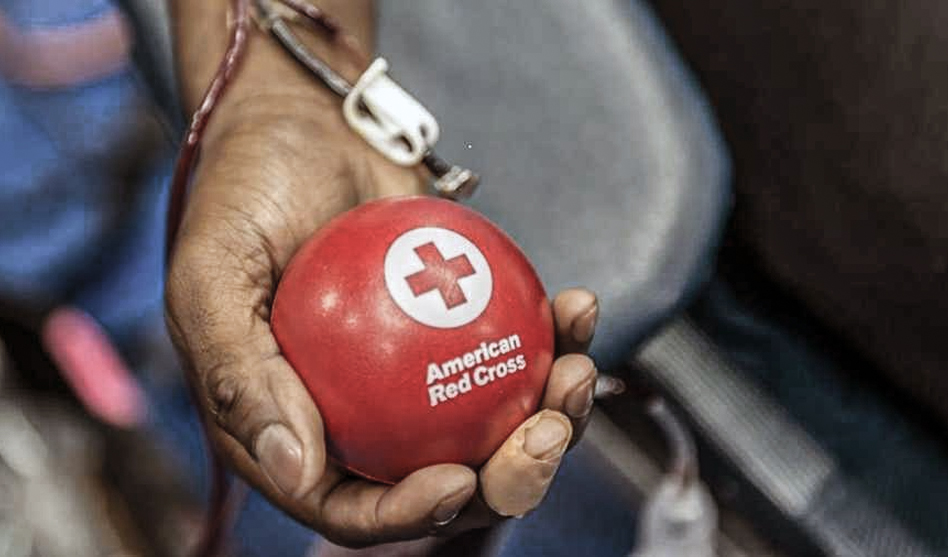
The American Red Cross this week implemented a new policy, approved last May by the Food and Drug Administration, governing who can and cannot donate blood. The new rules lifts the decades-old ban on donations by all gay men and now determines eligibility based on behavior rather than orientation.
Now, gay men in monogamous relationships with other men and those who have not recently engaged in anal sex.
The change, said Human Rights Campaign’s Vice President of Government Affairs David Stacy said the policy change is a “long-awaited step forward” marking the end of a regulation “rooted in discrimination and bias.”
It was 1985, four years into the AIDS crisis in the U.S., when the FDA first enacted a lifetime ban on blood donations from any man who had ever had sex with another man dating back to 1977, as reported by NBC News. The agency adjusted the ban in 2015 to defer men’s eligibility to donate to 12 months after their last sexual encounter with another man. Then the FDA reduced the waiting period to three months during the early days of the COVID pandemic.
In January of this year, the FDA proposed basing eligibility on sexual acts rather than on gender or sexual orientation. After allowing time for public comments, the agency adopted the proposed new policy in May.
A blanket policy refusing donations from anyone reporting having had sex with an HIV-positive person remains in place, even though it has been proven that individuals with undetectable viral loads cannot transmit the virus. Also rejected are donations from anyone regardless of sex who acknowledges having had a new sexual partner, having had more than one partner or having had anal sex within the previous three months.
— Tammye Nash













